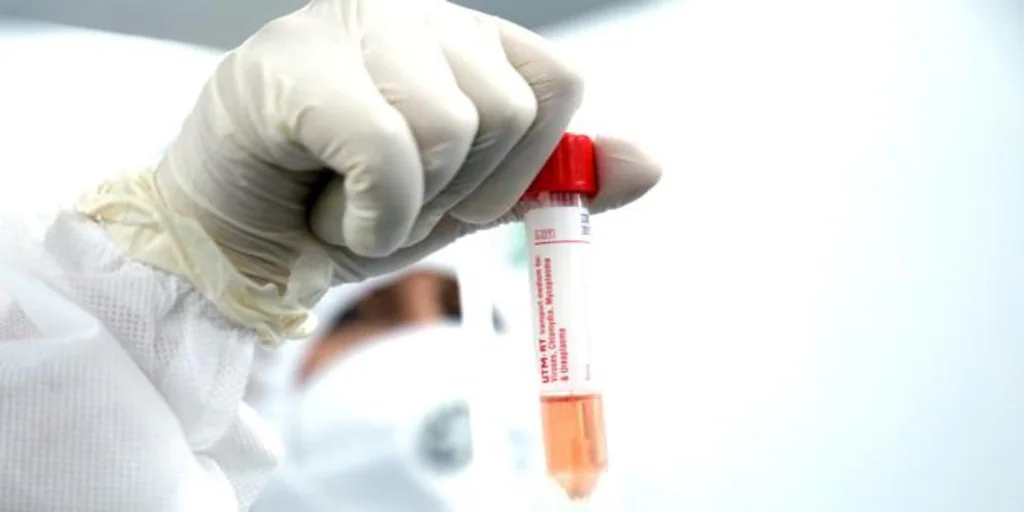save
A team of researchers from the La Jolla Institute of Immunology (USA), the Liverpool University and the University of Southampton (UK) seems to partially answer the big question most people ask themselves: how long does immunity to SARS-CoV-2 last after infection?
Their study, published in Science Immunology, suggests that people with severe cases of covid-19 may store a greater number of protective ‘memory’ T cells.
“This study shows the enormous variability in the way humans react to a viral challenge,” says the researcher from the Liverpool UniversityChristian H Ottensmeier, study author.
Researchers have employed a sophisticated technique, called transcriptomics analysis, unicellular to study the expression of individual genes of more than 80,000 CD8 + T cells isolated from both covid-19 patients and unexposed donors.
The cells T CD8 + are responsible for destroying virus-infected host cells. Additionally, CD8 + “memory” T cells are important in protecting the body from re-infection against many viruses.
The team studied CD8 + T cells from 39 patients and 10 subjects who had never been exposed to the virus (their blood samples were obtained before the pandemic). Of the patients with covid-19, 17 suffered mild illness that did not require hospitalization, 13 had been hospitalized and 9 had been in the ICU.
And surprisingly, the researchers saw cell responses T CD8 + weaker in the mildest and strongest cases in seriously ill patients requiring hospitalization or ICU.
The researchers explain that the logical thing would have been to see a stronger CD8 + T cell response in mild casesas they are where the immune system was equipped to fight a serious infection.
But the study showed just the opposite; in fact, the CD8 + T cells of milder cases showed the molecular signs of a phenomenon called ‘T-cell depletion’. In this event, the cells receive so much stimulation from the immune system during a viral attack that they are less effective at doing his work.
And while more research is needed, researchers believe it is necessary to study whether the depletion of T cells in mild cases can hamper a person’s ability to develop long-term immunity.
The study provides a valuable window into CD8 + T cell responses, but it is limited because it relies on CD8 + T cells found in blood samples.
As a next step, the researchers hope to shed light on how T cells in tissues most affected by SARS-CoV-2, such as the lungs, react to the virus. This step will be important because the memory T cells that provide long-term immunity need to live in the tissues.
“This study is very much a first step in understanding the spectrum of immune responses against infectious agents,” the authors conclude. In the future, they hope to use single-cell sequencing techniques to look at CD8 + T cells in cancer patients with COVID-19 infection.
See them
comments


